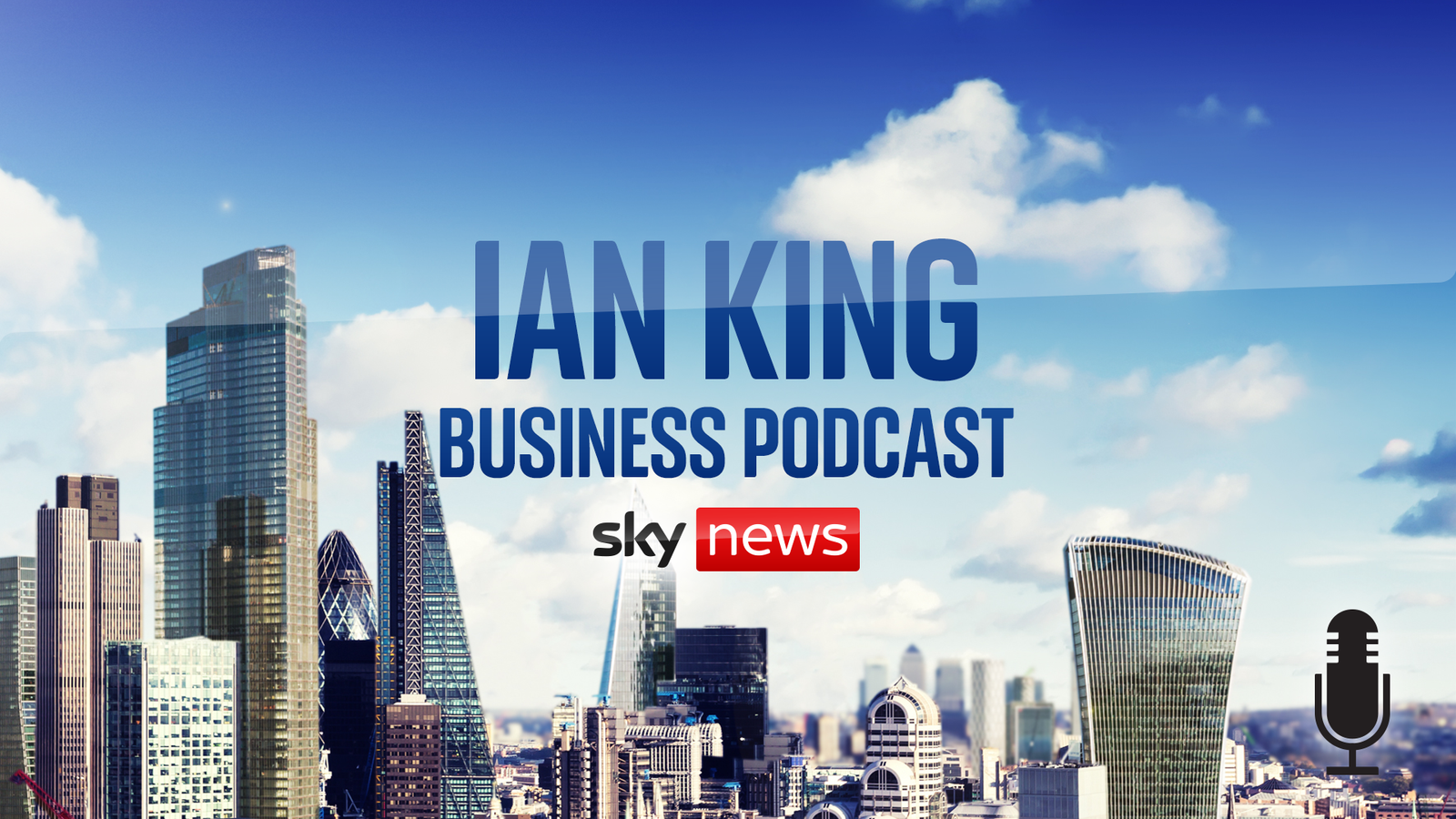Chancellor Rishi Sunak has announced a £15bn package of cost of living support including a £400 discount on energy bills for all and a £650 one-off payment to the poorest eight million households.
The measures will be partly funded by a temporary levy on oil and gas companies which are enjoying bumper profits, as a result of soaring prices that is expected to raise £5bn over the next year.
Announcing the policy in the House of Commons, Mr Sunak said: “We know that households are being hit hard right now. We will provide significant support to the British people.”
The cost of living package includes:
• Temporary targeted energy profits levy of 25% on profits of oil and gas firms. Phased out when prices return to normal.
• £650 one-off payment to eight million of the lowest-income households
• Eight million pensioners who get winter fuel payment to also get a £300 payment
• £150 extra payment for people on disability benefits
• Energy bill rebate scheme to double to £400 and will not have to be repaid
Ministers had been resistant to Labour proposals for a windfall tax claiming it would deter investment but with inflation hitting a four-decade high and the Bank of England’s warnings of worse to come, pressure to act has intensified.
Politics live: More Tories say Boris Johnson has lost their support
Mr Sunak’s announcement comes a day after Sue Gray’s damning report into lockdown parties in Downing Street, laying bare details of drunken parties, altercations and karaoke in the heart of government at a time when COVID-19 restrictions were in place.
Cost of living: Windfall tax ‘will bring about job losses’, energy industry warns
Boris Johnson’s chief of staff brushes off partygate as reason ‘logical’ cost of living measures are on way
Rishi Sunak to set out new cost of living crisis plan after Sue Gray report
The prime minister’s chief of staff Steve Barclay earlier brushed off the suggestion that the launch of the cost of living policy was designed to deflect attention from the partygate scandal, during an interview on Sky News.
He pointed instead to a forecast earlier this week by regulator Ofgem that an increase in its price cap was expected to see the typical annual energy bill rise by more than £800 to £2,800 this autumn.
Surging energy costs have already pushed inflation to 9%, its highest level since the early 1980s, and the Bank of England has warned it could top 10% later in the year and that a recession looms.
The Bank’s governor Andrew Bailey has also warned of “apocalyptic” food price rises as the war in Ukraine hits wheat and cooking oil supplies.












